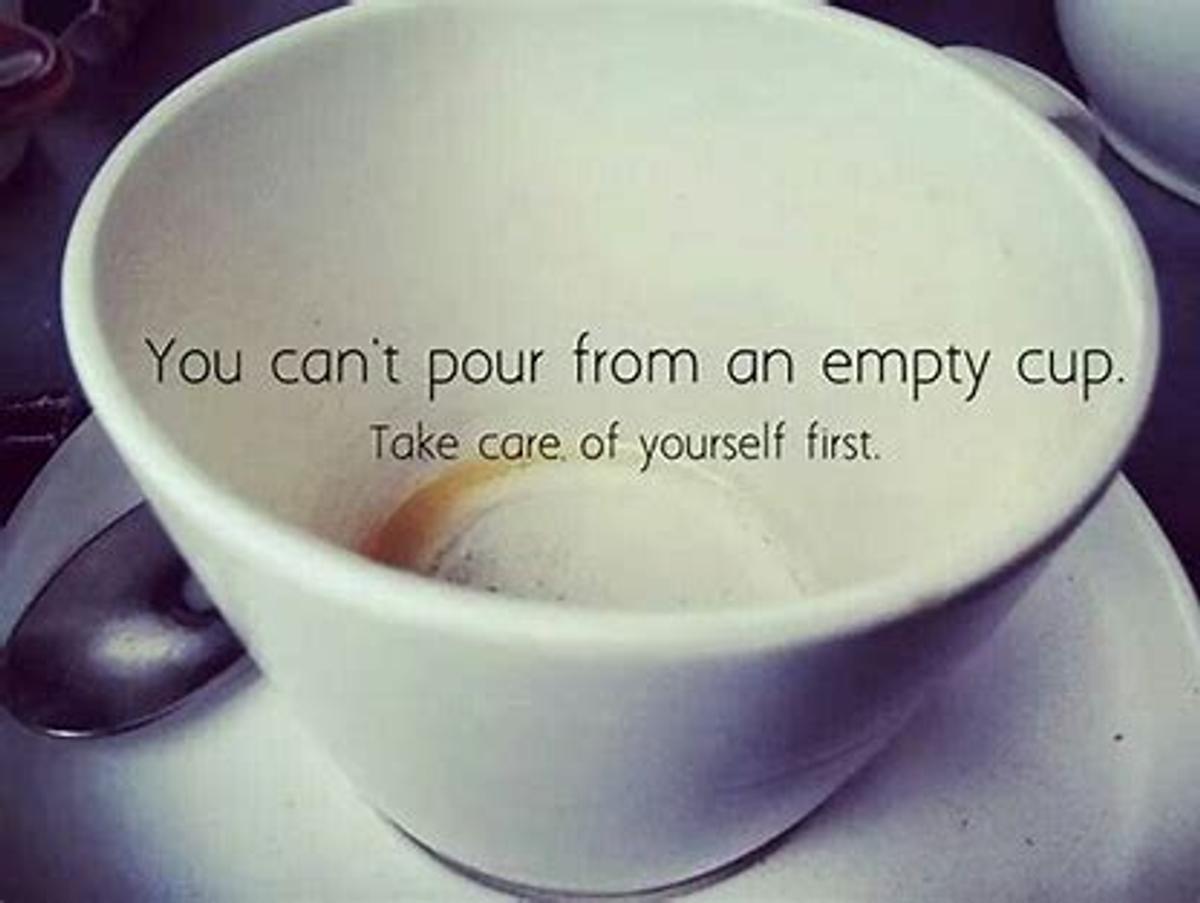Chaplain's Corner

Hi Everyone,
This week I thought I would revisit self-care and helping our children and young people when life seems uncertain. As a community we are still dealing with COVID outbreaks, news of war, climate change and a number of adverse life circumstances.
A Guide to Self-Care and Wellbeing During Times of Uncertainty.
In times of uncertainty it is normal and natural for children. and adults to respond in unique ways. It can be helpful to focus on the aspects of our lives that we can control like caring for our physical health, safety and emotional wellbeing.
“The only thing in life that is permanent is change.
Change is the one constant in life”
(Fallin, 2013)
Steps for Self-care
There are things you can do to support yourself, your friends and your family:
- Listen - to your needs and your own advice
- Offer kindness - for yourself and others
- Stay connected - with others by phone and online
- Keep informed - just enough information from reliable sources
- Maintain a healthy routine - diet, activity and sleep
- Focus on the things you can control- versus the things you can’t
- Reflect on past success- recall a stressful time and reflect on the things that helped
- Learn a new skill and make plans for the future
- Help others - if and when you can
- Seek support - It’s okay to ask for help and advice
- Build hope - Focus on 3 things you are grateful for
You can’t pour from an empty cup. Look after yourself so you are better able to help
the children and young people in your care.
Ideas to Help the Children and Young People in times of Uncertainty ...
How may Children and Young People Respond?
CHILDREN
- Worried, clingy and uncooperative
- Sad and angry one minute, okay the next
- Frightening thoughts and nightmares
- Regression to earlier behaviours
- Stomach aches and headaches
YOUNG PEOPLE
- Adolescents may react in similar, but different ways:
- Mood changes
- Tired and distracted
- Retreating from social networks
- Sleep problems and headaches
Help Your Child or Young Person
- Offer your attention, patience and love
- Calmly listen to your child’s story and encourage your child to ask questions
- Acknowledge and affirm your child’s feelings and help your child to identify helpful ways to manage the feelings
- Encourage your child to ask for help from trusted adults
- Involve your child in decisions that affect them
- Respond to your child’s questions with clear and factual age appropriate information
- Model positive ways to cope and prioritise quality time together
Helpful Hint – children and young people respond in unique ways and it is helpful to recognise if your child or young person is behaving differently.
Other Ways to Help
- Maintain daily routines as much as possible
- Stay social – create ways to connect with special people and loved ones
- Get active – go for a walk, listen to music, sing, play with a pet
- Be curious – learn a new skill or research an interesting topic together
- Help others – encourages social connections and an “I Can” attitude
- Plan fun activities to look forward to
ALWAYS SEEK PROFESSIONAL HELP IF YOU ARE CONCERNED
Let also continue to teach our young ones the school value of OPTIMISM! It will help them through some tough times. One of the best ways to teach this is BY EXAMPLE - "Monkey see, monkey do".
Take care & stay well
Robyn Mulholland (School Chaplain)




